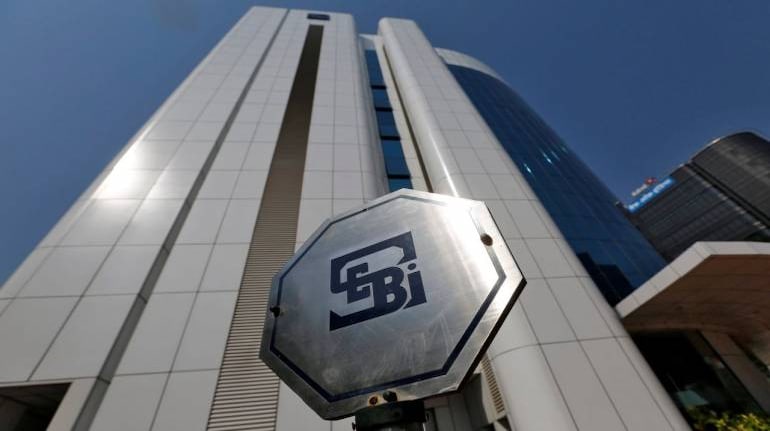



India’s markets regulator on September 28 proposed to ease rules relating to differential voting rights (DVRs) for founders of companies, a move meant to bolster technology startups where founders own small stakes in latter stages yet hold outsized control over operations
The Securities and Exchange Board of India, in its board meeting, said that promoters who have a net worth of up to Rs 1,000 crore can have superior voting rights in their companies, hiking it from Rs 500 crore so far.
Further, companies so far needed to have a gap of six months from when they issue such shares and file their documents for a stock market listing. This has been reduced to three months, according to the meeting’s minutes, which Moneycontrol has viewed a copy of.
The move takes a cue from Silicon Valley giants such as Alphabet’s Google and Facebook, where investors own more shares of the company than founders do, but founders control the company because they have superior voting rights- often 10-20 votes a share to one vote a share that others may have.
The new changes are key even as more internet startups are going public in India- after more than a decade of keen anticipation- and founders are making millions of dollars from incentives and shares when their companies go public.
SEBI first introduced DVRs in 2019, but the Rs 500 crore cap has hampered many companies from actually using them. Over the last few years, entrepreneurs have bolstered their legal rights in multiple ways, making sure that investors cannot unseat them, particularly during the current startup funding boom.
"Despite blockbuster IPOs, the DVR regime is yet to be fully embraced by the startup community because of the promoter net worth clause. Raising the threshold would allow SVRs to come into play rather than just existing on paper," said Siddarth Pai, managing partner at 3one4 Capital.
"The changes by SEBI to increase the cap to ₹1000Cr and to keep it basis each promoter instead of the entire promoter group, thereby isolating it to those who would get such shares will further enable startups looking to list in India to take advantage of this rule, thus boosting the attractiveness of an Indian listing," Pai added.
At the same time, TVS Capital chairman and managing director Gopal Srinivasan said the move would not only help keep Indian tech companies onshore but also allow them to list their companies onshore.
"This is the key Ātmanirbhar requirement for the growth of Tech entrepreneurship, the deepening of capital markets and the wide participation of public pools of capital, such as insurance, pensions, and mutual funds in the sunrise listed Tech Sector" he said.
"Zomato has been an exemplar of what can be possible in India for tech listing. Many others may follow them now, with this regulatory relaxation's that puts Indian regulations on par with the world in a sane manner I look forward to many mid-sized tech companies now listing in India, and not forced to follow models of exporting the company or the cap table, such as seen recently" he said.
Discover the latest Business News, Sensex, and Nifty updates. Obtain Personal Finance insights, tax queries, and expert opinions on Moneycontrol or download the Moneycontrol App to stay updated!
Find the best of Al News in one place, specially curated for you every weekend.
Stay on top of the latest tech trends and biggest startup news.